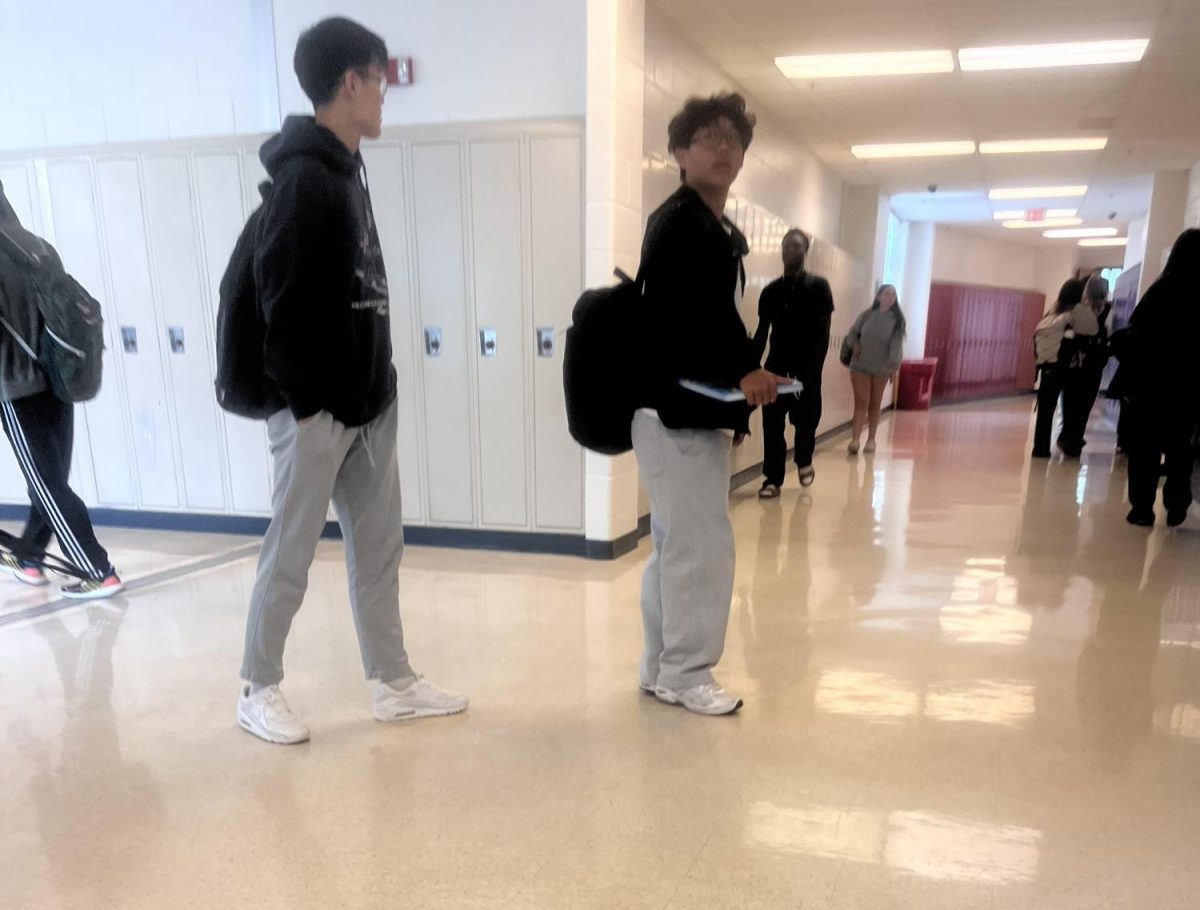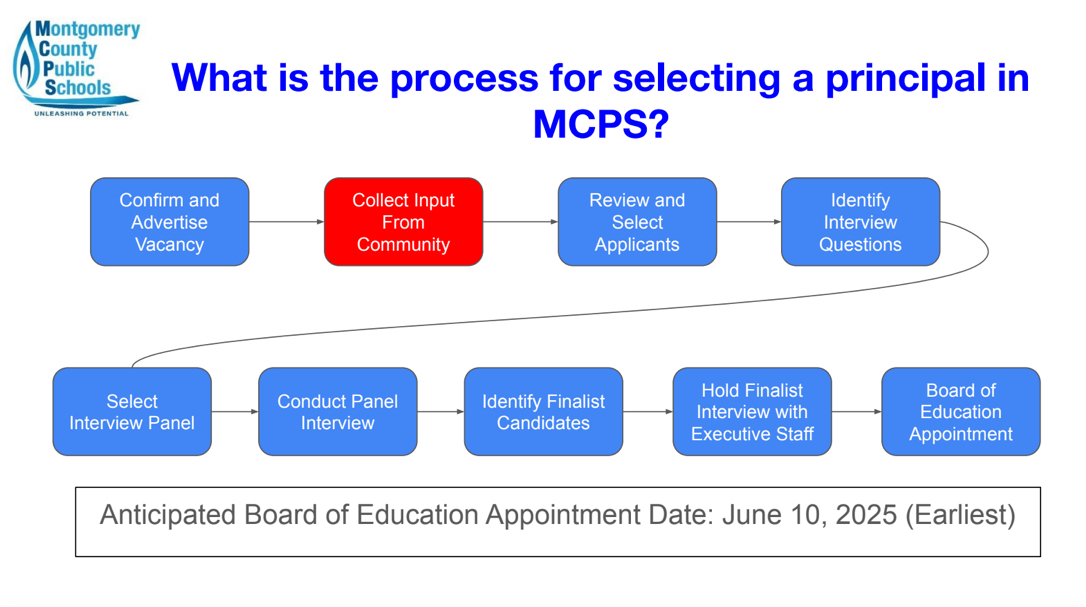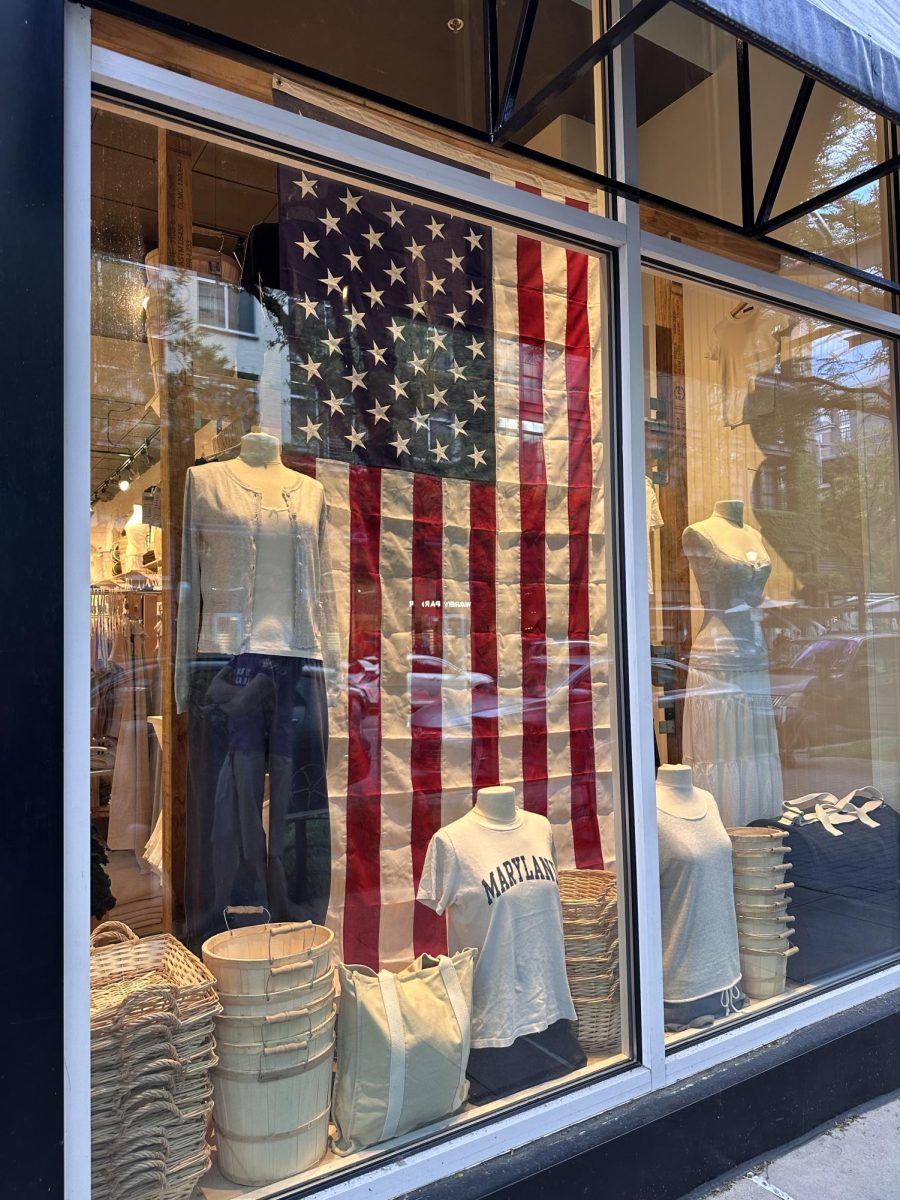It is not often that a student will be sitting in a class with 28 other classmates and think, “You know what would make this class even better? More students!” The U.S. Secretary of Education, Betsy DeVos, may believe otherwise. At the very least, she presents herself as though she believes otherwise.
The hearing
On Mar. 29, a hearing took place on the White House’s 2020 fiscal year budget in the House Appropriations Subcommittee on Labor, Health and Human Services, Education, and Related Agencies. DeVos made a statement that brought palms to foreheads and made nearly every public school teacher join together to complete one, unison eye roll. “Students may be better served by being in larger classes, if by hiring fewer teachers, a district or state can better compensate those who have demonstrated high ability and outstanding results,” DeVos said.
DeVos has stirred up controversy for a variety of reasons, one of them being that she supports cutting government funding for public schools. The budget she supported on Mar. 29 proposed that about 12 percent of government funding for the Education Department would be cut. “Programs that would face cuts include one that supports after-school activities for children in impoverished communities, as well as a grant program for textbooks, equipment, counseling services and other needs for schools. That pool of money — the Student Support and Academic Enrichment Program — also underwrites school safety efforts, including mental health services and safety equipment,” wrote Laura Meckler in a Los Angeles Times article.
The controversy
Those who defend DeVos’ also claim that bigger is better when it comes to class size. A key defense of those who support DeVos’ claim is that with a larger class, students are able to collaborate with more individuals. Additionally, certain people believe that fewer teachers in the public school system would allow teachers who perform well to be noticed easily and thus be rewarded for their efforts. Cutting federal funding on education altogether would allow money to be diverted to other causes that seem favorable to particular groups of people.
While people may either dismiss or accept DeVos, others reside somewhere in the middle with their feelings towards her, as they are able to recognize merit in particular ideas while still acknowledging that some of her visions as well as her lack of experience with public schools are problematic. “I’m actually generally on board with defunding federal education contributions and putting that back on state and local authorities. I don’t think a D.C. bureaucrat who may or may not have classroom experience should be in charge of deciding how much money a school in Kansas gets or what should be taught there,” English teacher Zachary Hardy said.
People were quick to reject the belief that larger class sizes would enable students to collaborate with a wider variety of individuals. Generally speaking, when teachers tell students to perform tasks that require student collaboration, such as peer-editing or group exercises, students only work with a couple other students. In a large class setting, students would not be receiving feedback from all 40 kids in their classroom, anyway. “Personally, I’m very erratic and I have ADHD so I can’t focus when there’s so much going on, so in a smaller class where there’s less going on, it’s easier to focus,” freshman Mathis Chavez said.
For anyone who is familiar with or even new to the college application process, it is clear that a main bragging point for universities is a small class size and small student-to-teacher ratio. “Generally, smaller classes have been better, but there have been a few exceptions where a large class is fine, but it’s usually because of how a teacher is themselves. And if I had had a smaller class size with that teacher, it would have been an even better class,” junior Alex Kolb said.
Studies show that students perform better when they are in an environment with fewer classmates. Among the many studies that were conducted, the one that stands out in popularity was the Student Teacher Achievement Ratio that was conducted in 1980 in Tennessee. “In this study, students and teachers were randomly assigned to a small class, with an average of 15 students, or a regular class, with an average of 22 students. This large reduction in class size (seven students, or 32 percent) was found to increase student achievement by an amount equivalent to about three additional months of schooling four years later,” Matthew Chingos and Grover Russ Whitehurst wrote in their Brookings article.
Students and teachers alike agree that it is difficult for teachers to tend to every need of the students in a small class, let alone a big one. When students are responsible for elevating the intelligence of many students at once, it may be difficult for some students to reach out to their teacher when they need specialized help. “Students get more attention from the teacher and become more comfortable in the class when there are few students. Schools need more money to keep education moving forward. [DeVos] is just interested in keeping the bottom dollar down,” math teacher Eva O’Keefe said.
Smaller classes are known to provide more explicit, intensive instruction. Furthermore, certain people find it unrealistic to think that a teacher could notice when students are struggling when they are occupied with instructing 30 other children. Establishing a sense of community within a classroom also proves to be more arduous in larger classes. “The only way large classes would work is if the students are sorted or are tracked by skill level and are placed in homogenous classes, which is the opposite direction Montgomery Country is going, as they are moving towards detracking where low skilled learners potentially grade levels behind are in the same room as students labeled ‘gifted’ or with a high IQ,” Hardy said.
Teachers may also experience burnout if they are faced with large classes, and with DeVos’ proposed budget, teachers would be receiving less pay for more work. “Over the course of a semester, a few dozen fewer papers leads to hours saved. Smaller classes also make it easier to try new things with group presentations, fishbowl discussions and other activities simply because it’s easier to manage smaller groups,” Hardy said.
Elementary schools in Montgomery County employ a program called Reading Initiative, which allows for extra reading teachers to break up larger classes. The smaller groups are usually comprised of 15 students or less. The goal behind the Reading Initiative is to provide students with more thorough and concentrated instruction to ensure that they are processing the material they are expected to learn. People also believe that if class size truly had no impact on the success of a student, then caps on the number of students in a class would not exist. “My French class only has like 14 or 15 students and it’s really good because I know everyone in that class and we all feel really comfortable with each other,” junior Giselle Kiriacos said.
People often share common ground on what qualities they believe make a fair and effective Secretary of Education. “[The Secretary of Education should be] a former teacher preferably, someone that has taught in lower income schools. Someone that isn’t afraid to say the less popular thoughts. And most importantly, someone that is truly interested in helping all students learn,” O’Keefe added.
What to do
Here lies the burning question: what should the U.S. do in reaction to DeVos’ request to cut federal education funding? Citizens are encouraged to register to vote and go to the polls for every election. While presidential elections attract the most attention, county and state-level elections are just as influential to the well-being of the public. Citizens can stay up to date on the latest political news and come voting time, they can elect those who most closely align with their beliefs. Writing letters to representatives as well as practicing open-dialogue with others can be positive approaches when it comes to changing the status-quo.
Not every conversation has to be a win-or-lose situation, especially when it comes to politics. While one side may feel strongly about a specific topic, the other side is sure to have their own experiences and backgrounds that explain why they feel just as strongly. As people continue to practice empathy, progress is made in society.








